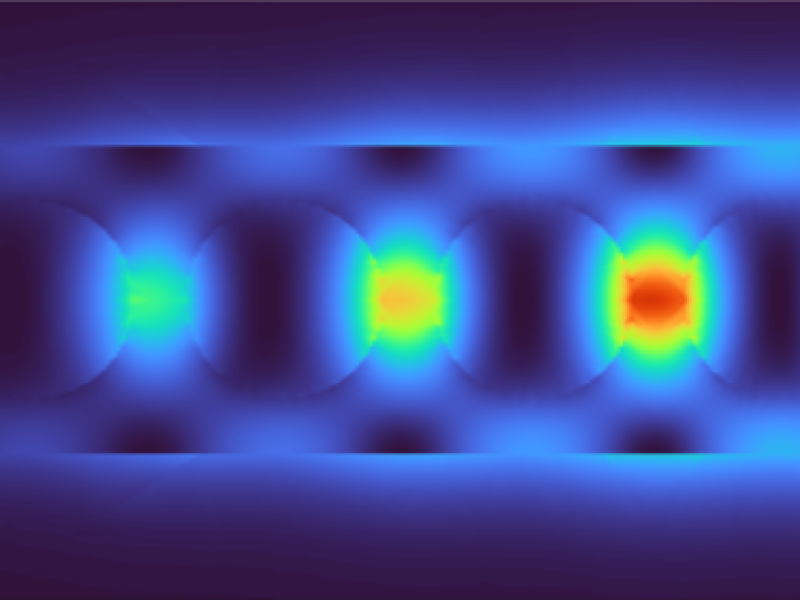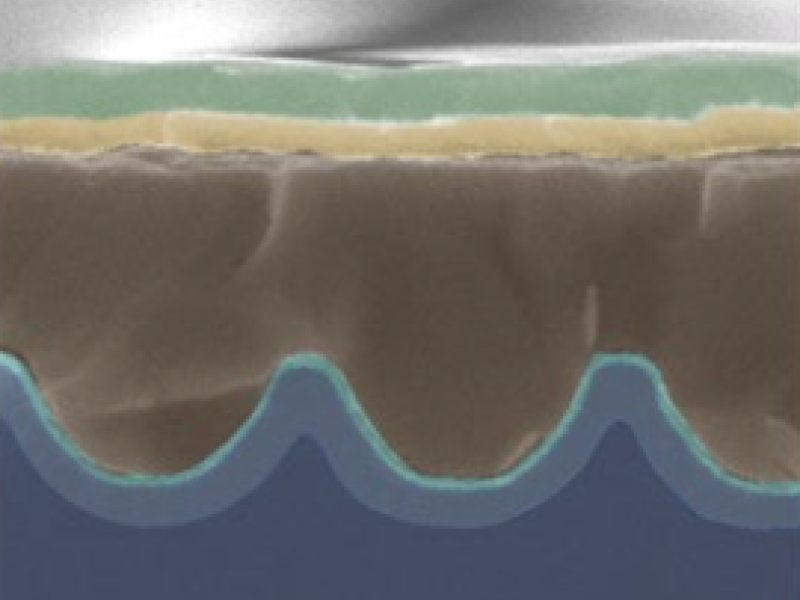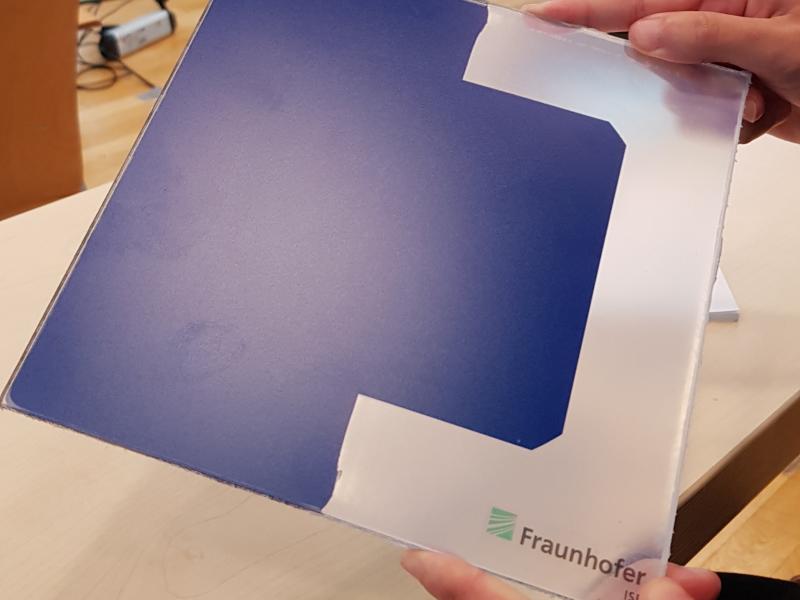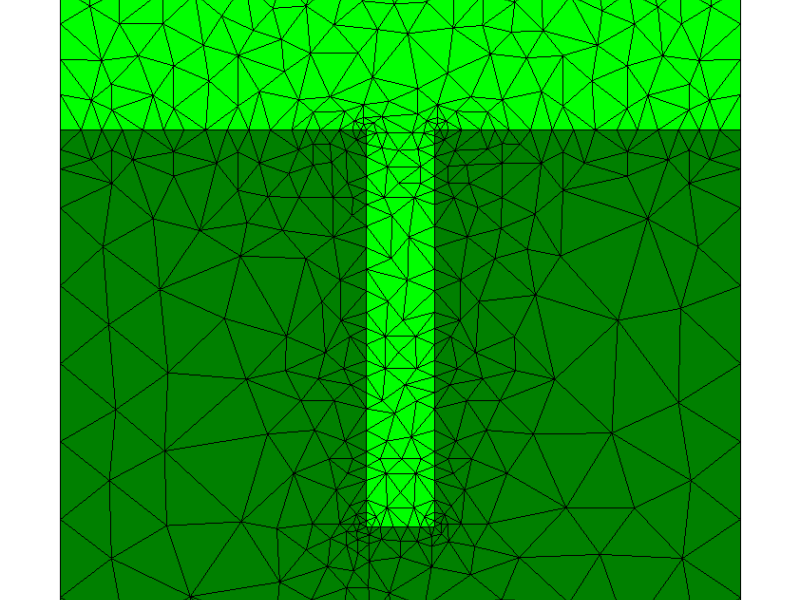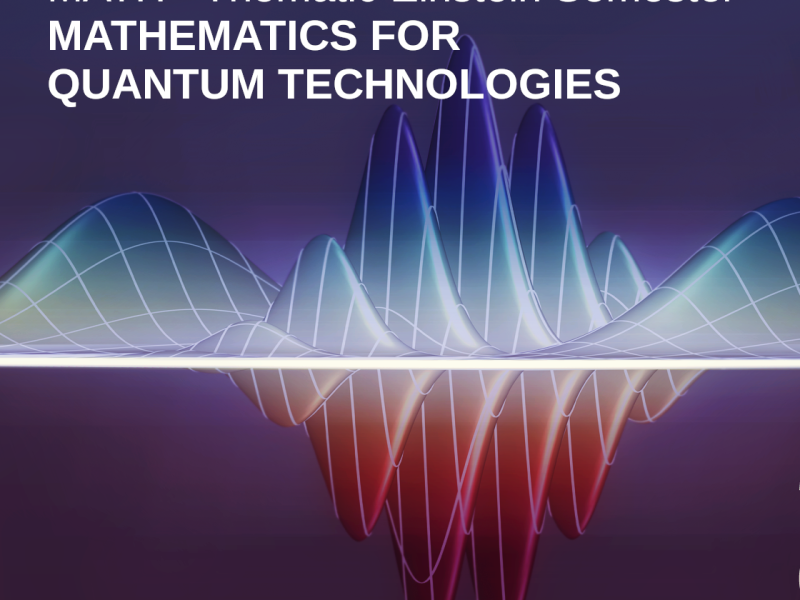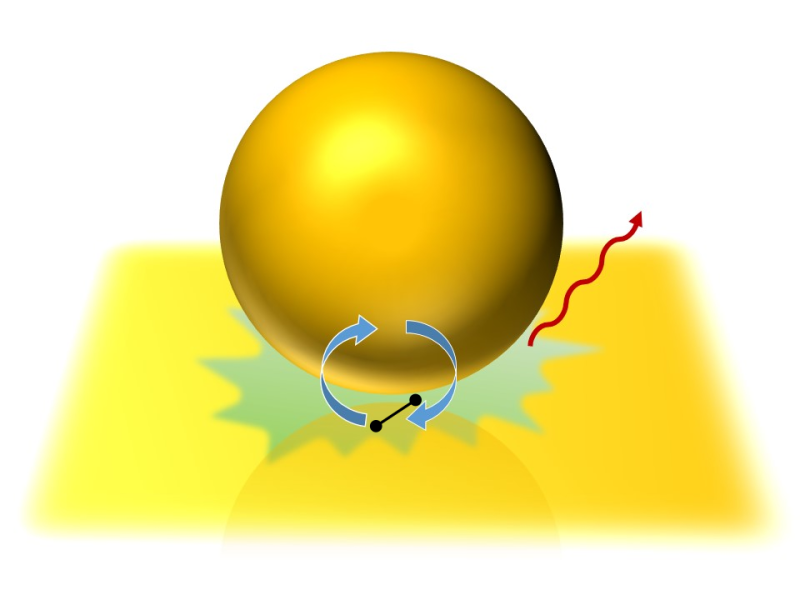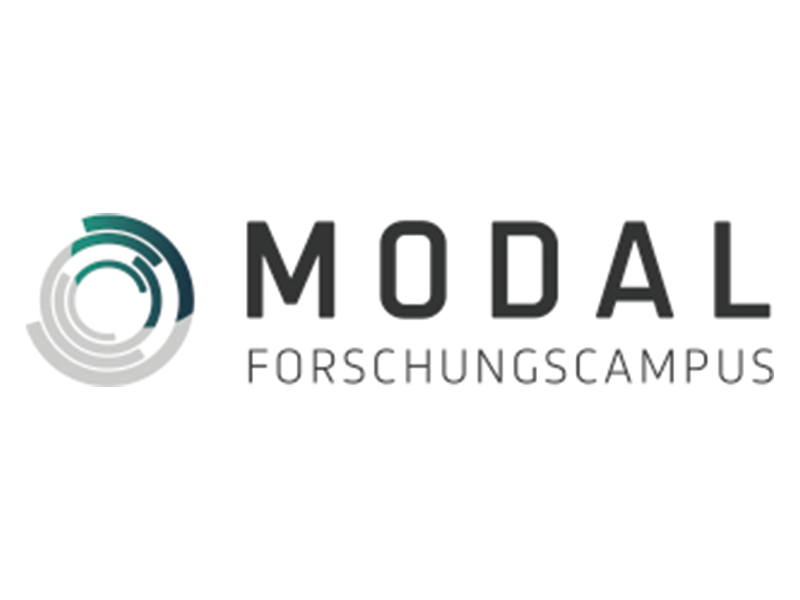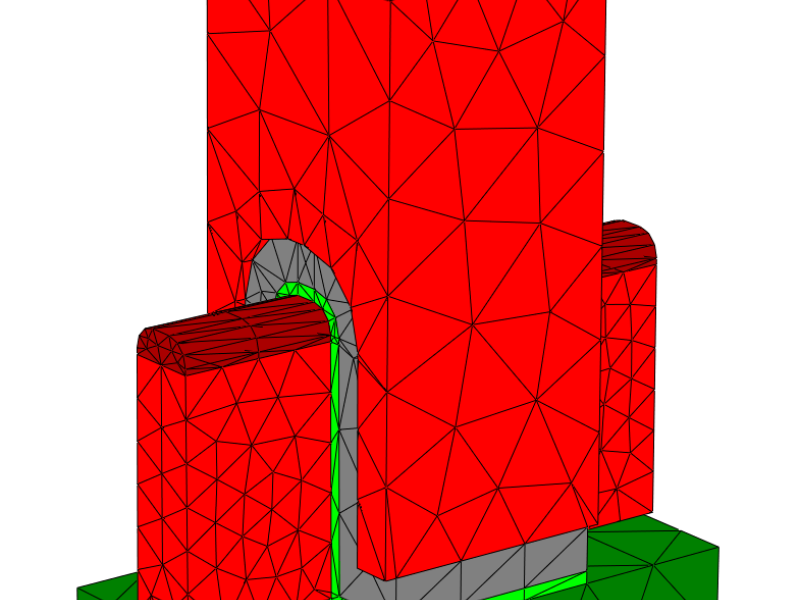Computational research on nanophotonics and quantum technology is at the forefront of scientific innovation, pushing the boundaries of what is possible in the fields of optics and quantum mechanics. By developing advanced numerical algorithms and machine learning techniques, our researchers contribute to better understand the behavior of light and matter at the nanoscale. They design and optimize nanostructures and photonic devices that exhibit unique properties, such as enhanced light-matter interactions, single photon sources or precise control over quantum states. Computational research also plays a crucial role in the development of quantum technologies, such as quantum computing, quantum communication, and quantum sensing.
MATH+ AA-Ener-3
The project Next Generation Perovskite Photovoltaic Devices is a project within the Partnership Area Energy Transition (AA-Ener-3, 01/2026-12/2028) of the Berlin...
MATH+ AA-Ener-3
MATH+ AA-Ener-1
The project Multiscale Cavities for Photonic Quantum Technologies is a project within the Partnership Area Energy Transition (AA-Ener-1, 01/2026-12/2028) of the Berlin...
MATH+ AA-Ener-1
MATH+ PaA-1
The project Electronics of Nanotextured Perovskite Devices is a project within the Partnership Area (PaA) of the Berlin Mathematics Research Center MATH+ (DFG excellence...
MATH+ PaA-1
Colour Impression of Solar Cells
With the growing share of photovoltaic (PV) solar energy in the global energy generation capacity, building-integrated photovoltaics (BIPV) gains increasing importance...
Colour Impression of Solar Cells
NanoLab GRIPS 2024
This project is part of the 8th edition of the Graduate-Level Research in Industrial Projects for Students (G-RIPS) summer program at the Zuse Institute Berlin (ZIB).
NanoLab GRIPS 2024
MATH+ TES QT
The Thematic Einstein Semester “Mathematics for Quantum Technologies” aims to shed light on the mathematical aspects of the rapidly developing fields of quantum...
MATH+ TES QT
MODAL-NanoLab
The NanoLab project is part of the MODAL research campus. Data-based methods play an essential role in the development and application of photonic technologies. Efficient...
MODAL-NanoLab
Research Campus MODAL
The Forschungscampus ("Research Campus") MODAL is a platform for a public-private innovation partnership established by ZIB and Freie Universität Berlin together with...
Research Campus MODAL
ML for nanostructures (siMLopt)
This project is collaborative project together with Fraunhofer Institut für Integrierte Systeme und Bauelementetechnologie (IISB),Friedrich-Alexander Universität Erlangen...
ML for nanostructures (siMLopt)

